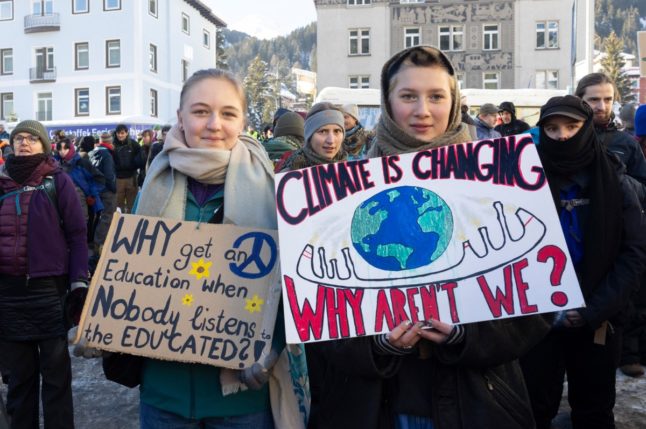Basel frontier police pursued the man’s vehicle after he was seen using an unofficial route to cross the border, reported Swiss news agency ATS on Wednesday.
Searching the vehicle, guards found two polystyrene boxes containing seven snakes.
The Geneva man, who told police he bought the snakes in France for several hundred euros, did not have the necessary permits to transport the animals into Switzerland.
He now faces a fine of several thousand francs.
The snakes were taken to Basel zoo.



 Please whitelist us to continue reading.
Please whitelist us to continue reading.
Member comments